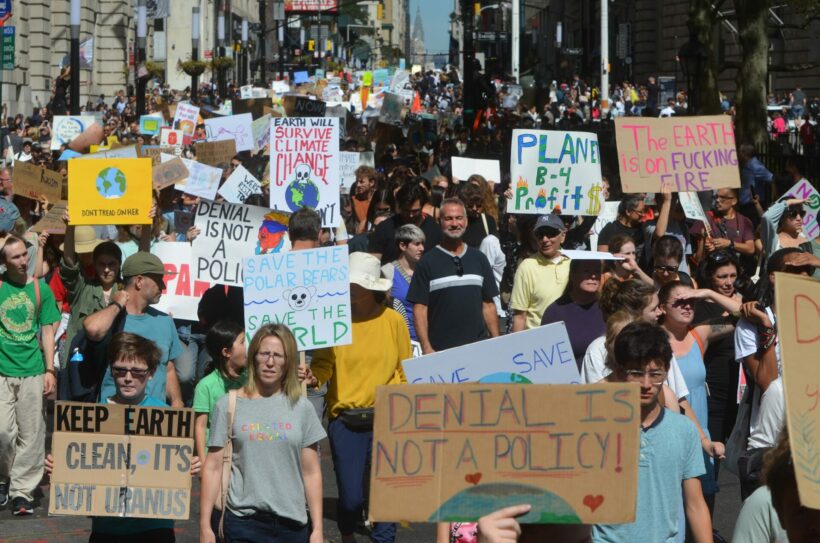According to a new global survey of 75,000 people — Peoples’ Climate Vote 2024 — 80 percent want their governments’ climate commitments to be stronger.
By Cristen Hemingway Jaynes
The poll, conducted by the United Nations Development Program (UNDP), GeoPoll and Oxford University, posed 15 questions via telephone to residents of 77 countries that represented 87 percent of the global population, reported AFP.
“The Peoples’ Climate Vote is loud and clear. Global citizens want their leaders to transcend their differences, to act now and to act boldly to fight the climate crisis,” said Achim Steiner, UNDP administrator, in a press release from UNDP. “The survey results – unprecedented in their coverage – reveal a level of consensus that is truly astonishing. We urge leaders and policymakers to take note, especially as countries develop their next round of climate action pledges – or ‘nationally determined contributions’ under the Paris Agreement. This is an issue that almost everyone, everywhere, can agree on.”
According to the survey, 89 percent of poorer countries were in favor of increasing efforts to curb global emissions, while 76 percent of wealthy G20 nations supported tougher climate action.
The numbers were a bit lower from the planet’s biggest greenhouse gas emitters, with China at 73 percent and the United States at 66 percent backing more fervent measures to combat global heating.
“As world leaders decide on the next round of pledges under the Paris Agreement by 2025, these results are undeniable evidence that people everywhere support bold climate action. The Peoples’ Climate Vote has enlisted the voices of people everywhere – including amongst groups traditionally the most difficult to poll. For example, people in nine of the 77 countries surveyed had never before been polled on climate change. The next two years stand as one of the best chances we have as the international community to ensure that warming stays under 1.5°. We stand ready to support policymakers in stepping up their efforts as they develop their climate action plans through our Climate Promise initiative,” said Cassie Flynn, UNDP’s global director of climate change, in the press release.
Some of the highest numbers were in Brazil — where 85 percent were in favor of strengthening climate commitments — Iran with 88 percent and Italy with 93 percent.
Among five big emitters — Canada, France, Germany, Australia and the U.S. — women were more in support of stronger climate action by 10 to 17 percent.
The survey also showed a worldwide majority — 72 percent — in support of a fast fossil fuel phaseout, including in nations that are in the top 10 largest coal, oil and gas producers.
Just seven percent of those polled globally thought their government should not transition away from fossil fuels at all.
Climate change is definitely on the minds of people throughout the world. The poll found that 56 percent of people were thinking about it on a regular basis — daily or weekly — with 63 percent of those living in Least Developed Countries (LDCs).
More than half of those polled — 53 percent — also said they worried more about climate change this year than last year.
Worldwide, 69 percent indicated that their big life decisions, such as where to work or live, were impacted by the climate crisis. In LDCs the proportion was higher at 74 percent and lower in Northern and Western Europe at 52 percent and North America at 42 percent.
“A survey of this size was a huge scientific endeavour. While maintaining rigorous methodology, special efforts were also made to include people from marginalised groups in the poorest parts of the world. This is some of the very highest quality global data on public opinions on climate change available,” said Professor Stephen Fisher of University of Oxford’s Department of Sociology in the press release.
Cristen is a writer of fiction and nonfiction. She holds a JD and an Ocean & Coastal Law Certificate from University of Oregon School of Law and an MA in Creative Writing from Birkbeck, University of London. She is the author of the short story collection The Smallest of Entryways, as well as the travel biography, Ernest’s Way: An International Journey Through Hemingway’s Life.






